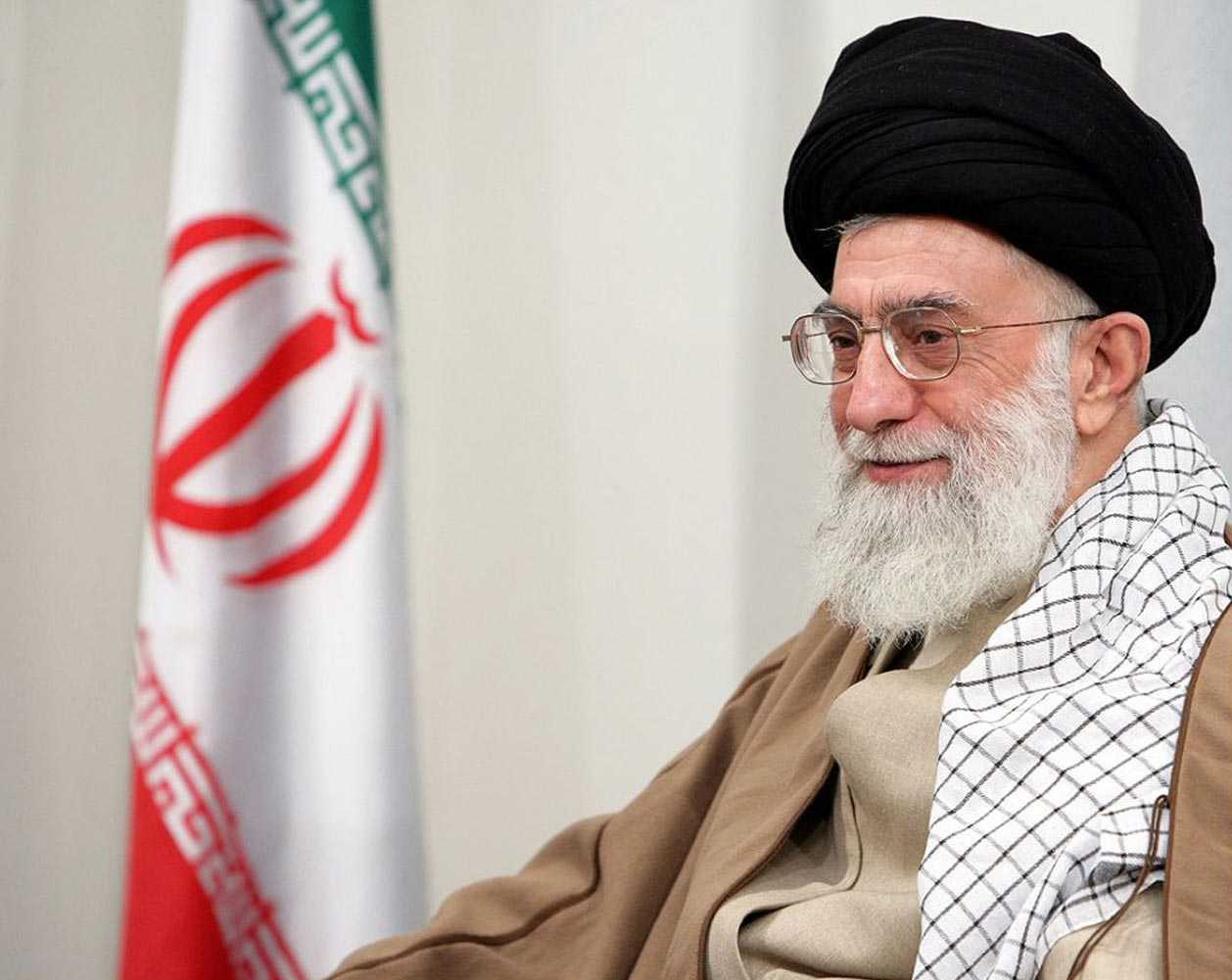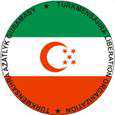Policymakers and influential media warned that Turkey’s developing ties with Iran could be counterproductive to the EU’s efforts to convince Teheran that it should abandon its nuclear weapons programme.
“Policymakers in the West are getting worried that Turkey’s growing ties with Iran – by lessening that country’s sense of isolation – may frustrate diplomatic efforts to prevent Tehran from building a nuclear bomb,” writes Katinka Barysch of the Centre of European Reform (CER) in a paper published on 4 November.
Relationships between Turkey and Iran are on the upturn. On 27-28 October, Turkish Prime Minister Recep Tayyip Erdogan embarked on a two-day visit to Iran. There he met President Mahmoud Ahmadinejad and Supreme Leader Ayatollah Ali Khamenei. The visit was also an occasion to discuss gas transit, trade and energy agreements.
“The Erdogan government values its relationship with Iran as part of its ‘zero problem’ neighbourhood policy. Having been more or less isolated in the region only 20 years ago, Turkey now has flourishing political and trade links with most of its immediate neighbours,” Barysch writes.
This trip was anticipated in an interview with the Guardian newspaper, which saw the Turkish prime minister state that Iran was Turkey’s friend. “As a friend so far we have had very good relations and have no difficulty at all.” During his stay, Erdogan also stressed that the Iranian nuclear project is “an energy project that is peaceful and humanitarian”. This assertion contradicts the Commission’s 2009 progress report, which states that “Turkey supports the EU position on Iran’s nuclear programme”.
The Iran-Turkey relationship is also motivated by economic interests. “Trade between Turkey and Iran has been growing fast in recent years, to reach an estimated $6 billion in 2008. Politicians from both sides say they want to see that figure double or even triple over the next 5-10 years,” Barysch notes.
European opinion is divided. “Some European countries say Turkey’s improved ties with Iran could help EU policy in the Middle East and boost world powers’ efforts to stop Iran developing a nuclear bomb. Others fear Ankara could be turning its back on Europe and its policy could hinder talks on Iran’s nuclear enrichment programme by reducing Tehran’s isolation,” writes Timothy Heritage of Reuters.
Stronger scepticism towards Ankara’s position can be found in Germany, where German Chancellor Angela Merkel is said to have raised concerns about the rapprochement between Turkey and Iran. Officials have also pointed to the increasing difficulties emerging within NATO over friction between Turkey and Israel.
Turkey’s foreign policy ambitions are facing a dilemma. “As a long-standing NATO member and a country negotiating for EU membership, Turkey is expected to align itself with the US and Europe. As a regional power, Turkey will want to act independently and avoid antagonising its neighbours. It is not clear how long Ankara will be able to avoid tough choices,” Barysch concludes.
Recently, Turkish Foreign Minister Ahmet Davutoglu told journalists in Brussels that his country was in fact helping the West during ongoing tensions over Iran’s nuclear programme. He said his country was pursuing a policy of “zero problems” with its neighbours, with all of which he said relations were “very good” (EurActiv 05/10/09).






